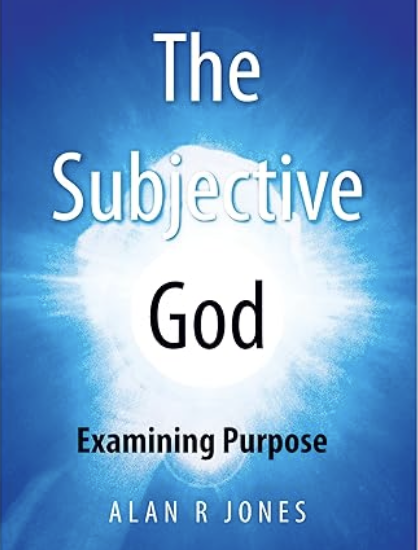Alan's book, The Subjective God, examines the nature of God's Ethic and its iplication on us.
This book explores the implications of one of the the greatest surprises in the bible. God is Holy.The bible describes all kinds of holy things that are presented as opposed to unholy things: Implements and people and clothing and actions and thoughts and places. These things, we are told, are holy because they are set aside for a singular and specific purpose. Master Shifu in the movie Kung Foo Panda rebukes Po for cooling his underarms in a pond, "Panda, we do not wash our pits in the Pool of Sacred Tears." We understand the concept of holiness well in our diverse cultures. Holiness implies purpose. To be holy is to have purpose greater than oneself. So when God says in His own book that we are to "be holy, because I am holy." (Leviticus 11:45 NIV) that ought to come as quite a shock.God is holy?... surely it is other things that are holy toward God, how can God be holy? Invariably we are lead to this question; if God is holy, then what is He holy toward? What is His Purpose? How is it that the most objective person that has ever existed is subject to something so demeaning as a purpose?The concept of God's Holiness takes us on a fascinating tour that begins in the deserts of the Middle East, and culminates in the Revelation of The Christ. The purpose of God is to fulfill the Word of God, even if it means defaming the name of God. The holiness of God resolves into the Worthiness of Christ. The overriding implication of the holiness of God concludes as we discover the purpose of mankind tucked neatly and intentionally inside the purpose of his creator.

